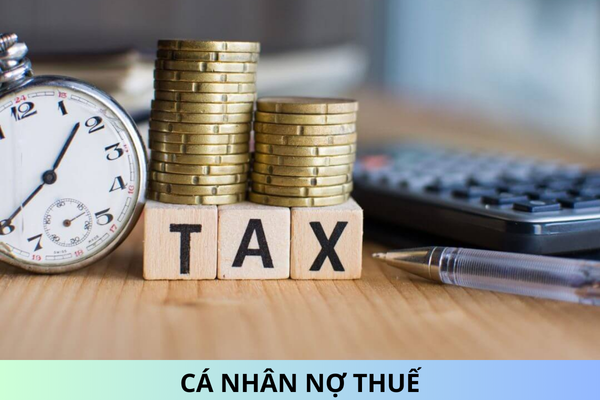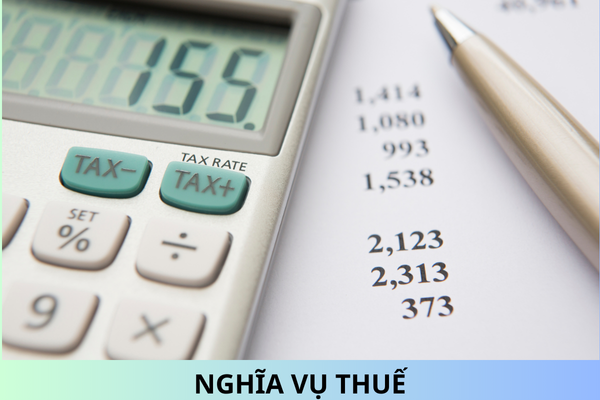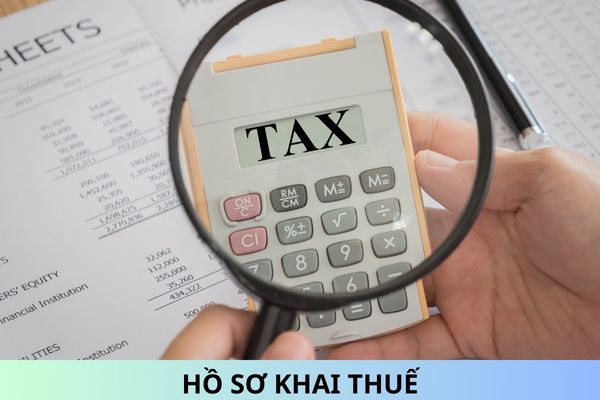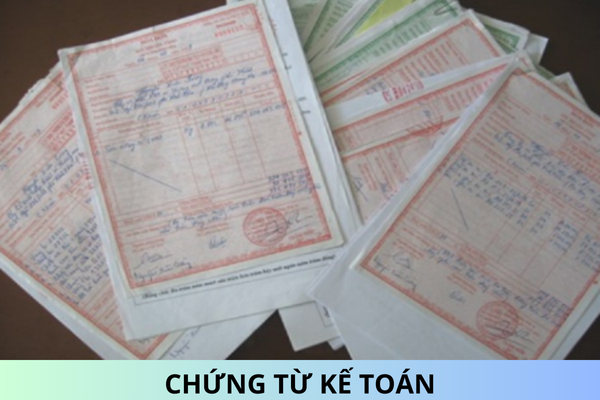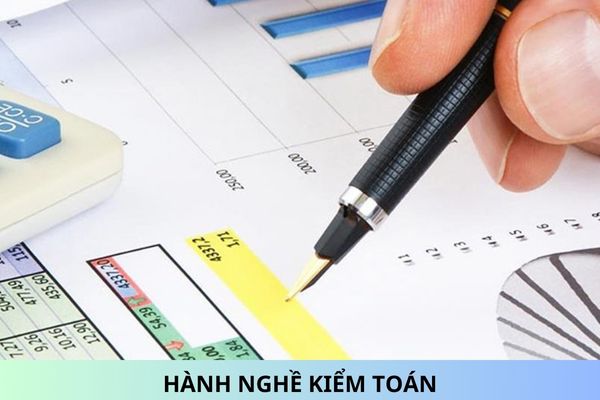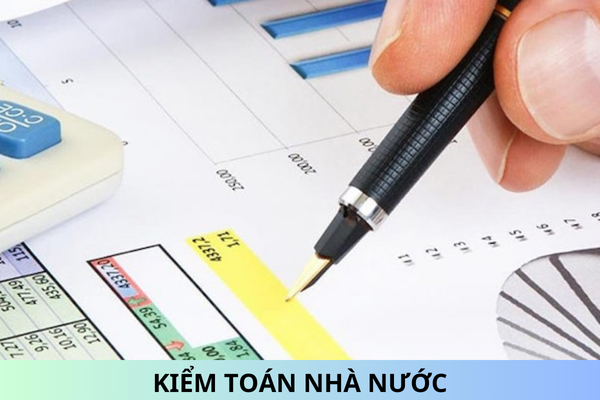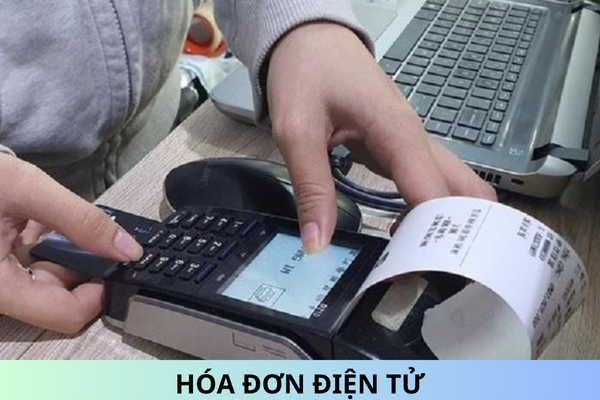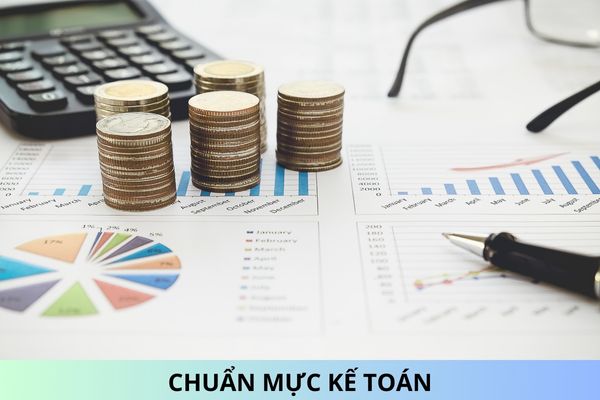Do delivering goods between branches require invoices in Vietnam?
Do delivering goods between branches require invoices in Vietnam? Do household businesses using authenticated e-invoices have to pay service charges for a period of 12 months in Vietnam? What is e-invoice format in Vietnam?
Hi, I have a problem that needs to be answered. I am a director of M Limited Liability Company, my company has branches in Saigon, Da Nang and Hanoi. I wonder if it is necessary to issue an invoice when transferring goods from one branch to another?
Please advise. Thankyou.
Do delivering goods between branches require invoices in Vietnam?
According to Point d, Clause 3, Article 13 of Decree No. 123/2020/ND-CP stipulating use of e-invoices in sale of goods and provision of services as follows:
3. Application of e-invoices, delivery and internal transfer notes, and delivery notes for goods sent to sales agents in some cases:
d) Regarding a business entity that declares and pays VAT following credit-invoice method and delivers goods to its dependent units i.e. branches or outlets in other provinces for sale or for circulation among them, or delivers goods to retail agents for sale at fixed prices to earn commissions, depending on its business organization and accounting methods, it may choose to either:
- Use electronic VAT invoices as the basis for the units to make payment, declare and pay VAT;
- Use delivery and internal transfer notes or use delivery notes for goods sent to sales agents.
When selling goods, a dependent unit, branch, store or sales agent shall prepare and send invoices to buyers, make and send the list of goods sold to the entity delivering goods or sending goods for sales (hereinafter referred to as “delivering entity”) that shall issue a VAT invoice for goods sold in reality and send it to the dependent unit, branch, store or sales agent.
In case of large amounts of goods sold and sales, the list of goods sold may be made every 05 or 10 days. If different VAT rates are imposed on goods sold, the list of goods sold shall be made by each VAT rate.
The dependent unit, branch, store or sales agent shall declare and pay VAT on goods sold to buyers, and declare and deduct input VAT according to the VAT invoice issued by the delivering entity.
For dependent units of a trader of agricultural, forestry, and aquaculture products that pays VAT following credit-invoice method, if they buy agricultural, forestry, and aquaculture products for delivery or sale to the trader's headquarters, they shall use delivery and internal transfer notes instead of electronic VAT invoices.
Thus, according to the above regulations in Vietnam, when delivering goods between branches, it is necessary to issue an invoice including the use of an electronic invoice or the use of delivery and internal transfer notes.
When you deliver your company's goods from Saigon branch to Da Nang branch or from Da Nang branch to Hanoi, you need to issue an invoice in Vietnam.
Do household businesses using authenticated e-invoices have to pay service charges for a period of 12 months in Vietnam?
In Clause 1, Article 14 of Decree No. 123/2020/ND-CP stipulating provision of e-invoice services includes:
1. The following entities are not required to pay service charges for a period of 12 months from the date of commencement of the use of authenticated e-invoices:
a) Small- and medium-sized enterprises, cooperatives, household and individual businesses that operate in disadvantaged areas or extremely disadvantaged areas. Disadvantaged areas or extremely disadvantaged areas are defined in the List of areas eligible for investment incentives enclosed with the Government’s Decree No. 118/2015/ND-CP dated November 12, 2015 and its amending or superseding documents (if any).
b) Other small- and medium-sized enterprises which are defined according to the requests of the provincial People’s Committees submitted to the Ministry of Finance, except enterprises operating in economic zones, industrial parks or hi-tech zones.
The General Department of Taxation shall directly provide or entrust e-invoice service providers to provide free of charge authenticated e-invoices for the abovementioned entities.
Therefore, according to the above regulations in Vietnam, only household businesses in areas with difficult socio-economic conditions and disadvantaged areas or extremely disadvantaged areas can use authenticated e-invoices from the tax authority without paying service charges for a period of 12 months.
What is e-invoice format in Vietnam?
Pursuant to Article 12 of Decree 123/2020/ND-CP stipulating e-invoice format as follows:
1. The e-invoice format is the technical standards for type of data, length of data of information fields serving transmission, storage and display of e-invoices. E-invoices shall be XML (extensible Markup Language) documents, which are meant to share electronic data between IT systems.
2. The data of an electronic invoice consists two components: information about the transaction and the digital signature. Authenticated e-invoices shall also contain the data of the tax authority’s code.
3. The General Department of Taxation shall develop and announce the format of transaction-related information, digital signatures and tools for display of e-invoices prescribed herein.
4. The following requirements must be met when sellers directly transmit data to tax authorities:
a) Connect to the General Department of Taxation via a separate channel or MPLS VPN Layer 3, including 1 main channel and 1 backup channel. Each channel has a minimum bandwidth of 5 Mbps.
b) Use an encrypted Web Service or Message Queue (MQ) for connection.
c) Use Simple Object Access Protocol (SOAP) to compile, transmit and receive data.
5. Contents of e-invoices shall be fully and accurately displayed, ensure readers can read them with electronic devices.
Above are the legal regulations on e-invoice format in Vietnam.
Best Regards!
